What is CTC Tea?
“Crush, tear, curl”, sometimes also known as “cut, tear, curl” aka CTC is a type of granular tea originating in India in the 1930s that are entirely different from orthodox teas. Tea leaves are plucked, withered, rolled, oxidized, and dried to make orthodox teas whereas the leaves are put through a series of rollers with sharp teeth that crush, tear, and curl the leaves into small, hard pellets that make the rich and malty CTC teas. In theory, while making CTC teas all five steps of making orthodox teas are followed but in a more rapid fashion. Flavour-wise CTC teas are much darker than orthodox teas with a malty and rich aftertaste. When the leaves are crushed and torn more enzyme is released and on longer fermentation, the tea becomes stronger than orthodox teas. In 2020 alone, India consumed 1.10 million tons of tea most of which was CTC.
Why CTC Became India’s Favourite Chai
The distinguishing factor between orthodox tea and CTC lies not only in the processing method but also in the intention behind their creation. Orthodox tea aims to preserve the leaf’s natural structure, subtle flavours, and aroma, producing a nuanced cup ideal for connoisseurs who enjoy sipping without milk. CTC, however, was built for efficiency, boldness, and the ability to hold its character even after the addition of milk, spices, and sugar. This difference makes CTC especially popular in India where milk tea — or “chai” — is a cultural staple. Over decades, the demand for a tea that could withstand boiling, frothing, and vigorous preparation pushed CTC to a position of dominance.

The Story Behind the Invention of CTC
Sipping a cup of CTC tea with milk, sugar, and assorted spices might seem like a thing hardwired in our destiny but we have taken on the habit only recently and there is an interesting backstory to how and why the concept of CTC teas was conceived and developed. There are three people to be credited with when it comes to developing CTC teas and they are Samuel Davidson, Sir William McKercher, and Willian Jackson. The motive certainly was not experimentation with flavours but to magnify production and sell it to more people. CTC teas can be processed and harvested in larger quantities making them lucrative. An extensive marketing strategy was adopted to make the whole of India relish the sweet concoction. After independence, CTC teas were marketed as 100% Swadeshi to let go of the imperial connotation. In the 1950s, the production of CTC teas also spread to Africa.
CTC Tea and India’s Post-Independence Identity
Before independence, orthodox tea dominated and was mostly consumed by wealthy households or exported to Europe. After independence, tea companies saw an opportunity to turn tea into a symbol of Indian pride. Marketing focused on strength, affordability, and local identity. CTC suited this perfectly — it brewed fast, tasted bold, and was affordable for all. Railway platforms, highway dhabas, small towns, and cities embraced it. Its “Swadeshi” branding made CTC tea not just a beverage but a part of India’s new cultural identity.
Assam & Dooars: The Heart of CTC Production
Tea Estates in Assam and Dooars region of West Bengal produces some of the best CTC teas in India. Teas from these regions are sought after for their exemplary flavours woven in a pungent astringency that makes the tea immensely refreshing. Best CTC teas in India are often blended with everyday Indian spices to make masala chai with an intensely refreshing aroma. Although the price of CTC varies according to grade, it is much cheaper than the orthodox variety. It can be said that the advent of the CTC machine gave a renewed value to marginal teas. Sliced prices helped the promoters to creatively market CTC teas to the Indian populace and in no time we became a nation of tea drinkers.

The Growing Popularity of Masala Chai
As Indians experimented with spices like ginger, cardamom, cloves, cinnamon, and pepper, CTC became the perfect base. Unlike orthodox teas which lose their delicate flavour when boiled, CTC thrives in the strong, aromatic, milk-based “chai” preparation. Its bold profile complements Indian spices effortlessly.
Grades of CTC Tea
Like orthodox teas, CTC teas too are graded according to size.
-
Broken Orange Pekoe (BOP) – top-quality CTC tea with larger pellets, ruby liquor.
-
Broken Orange Pekoe Small (BOPSM) – smaller pellets, quick brew, strong flavour.
-
Broken Pekoe (BP) – coarser, balanced taste.
-
Orange Fannings (OF) and Dust grades – very fine, extremely strong, commonly used in hotels and teabags.
-
Other grades like Pekoe Dust, Churamani Dust, Golden Pekoe are based on pellet size and liquor strength.
Each grade offers a different brewing experience, allowing tea companies to blend teas to suit diverse regional tastes.
Chai Chun: Bringing the Best CTC to Your Cup
Based out of Siliguri, Chai Chun procures the best CTC teas from the fine estates of Assam and Dooars, packs them in a state-of-the-art facility, and delivers them directly to your doorstep so that you can relish the rejuvenating freshness. Shop our CTC collection here!
Chai Chun’s close connection to the tea-growing belts ensures freshness, consistency, and high-quality standards — making every sip robust, aromatic, and truly energizing.
Conclusion
CTC tea is more than just a method of processing — it is a cultural movement that shaped how India drinks tea today. Born out of industrial innovation, strengthened by Swadeshi sentiment, and perfected by Assam and Dooars' rich terroirs, CTC has become the backbone of India’s tea identity. Its bold colour, strong flavour, and compatibility with milk and spices make it a timeless favourite across households, cafes, railways, and bustling markets. Whether in the form of masala chai or a simple cup of milk tea, CTC continues to energize millions daily — a true symbol of India's love affair with chai.

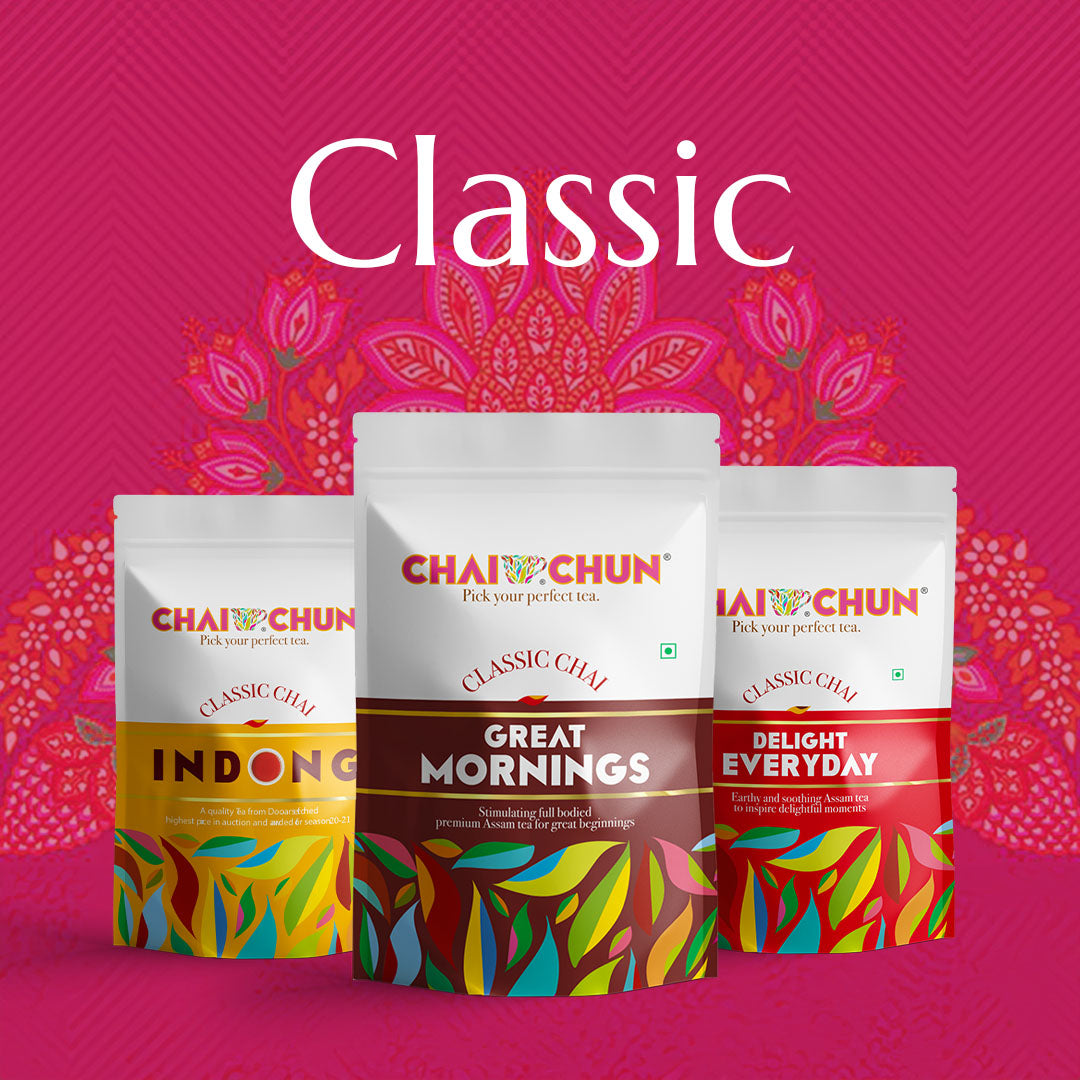
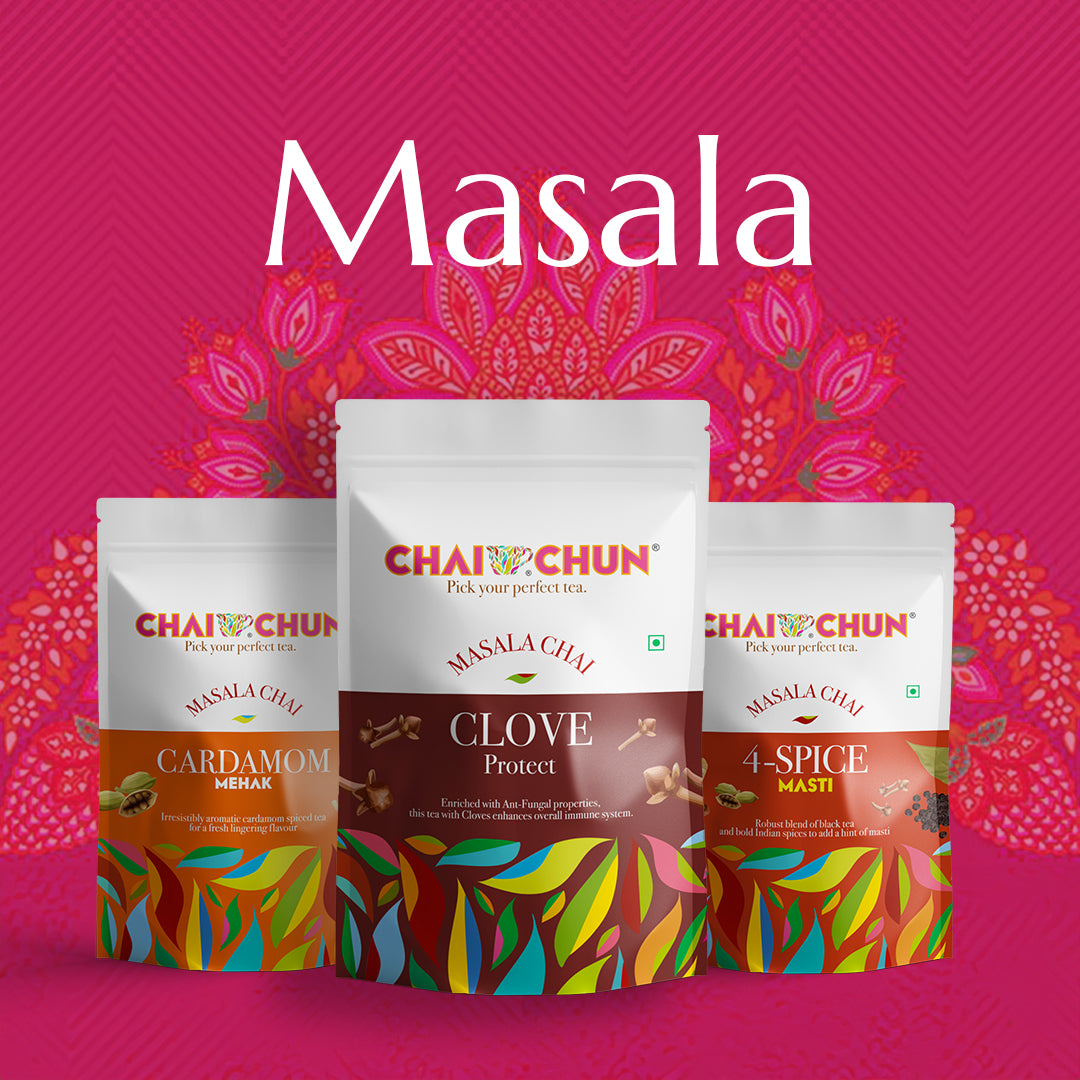
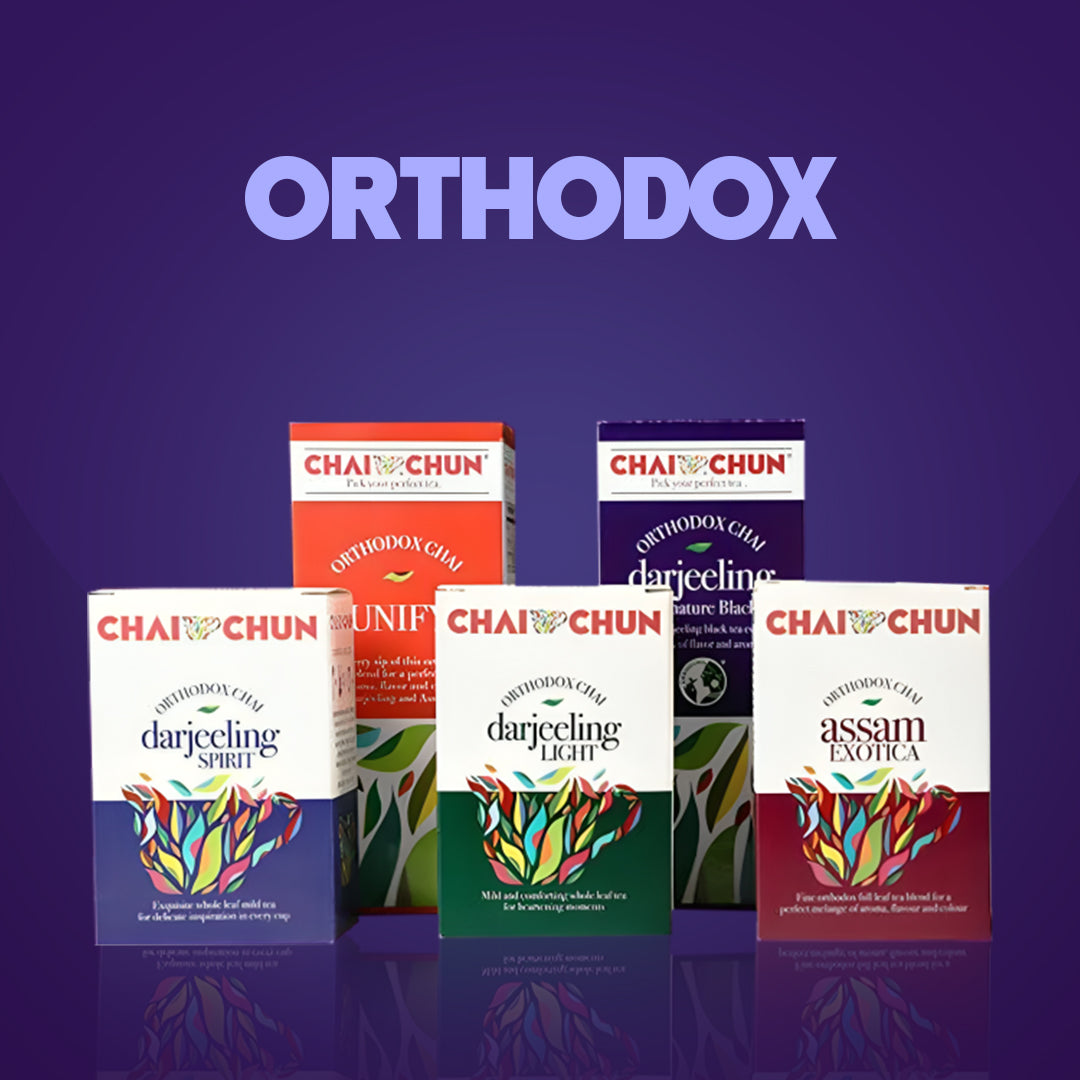
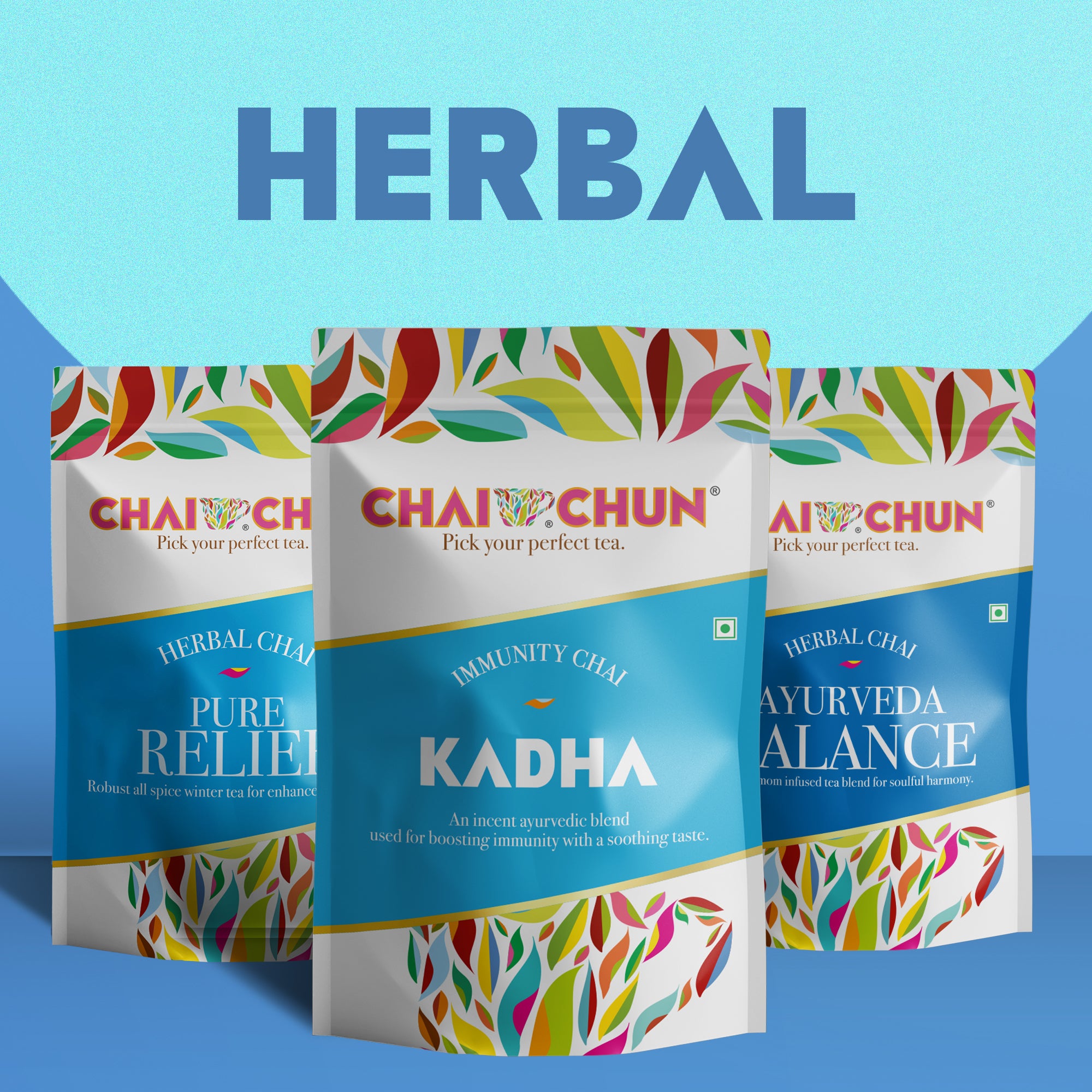
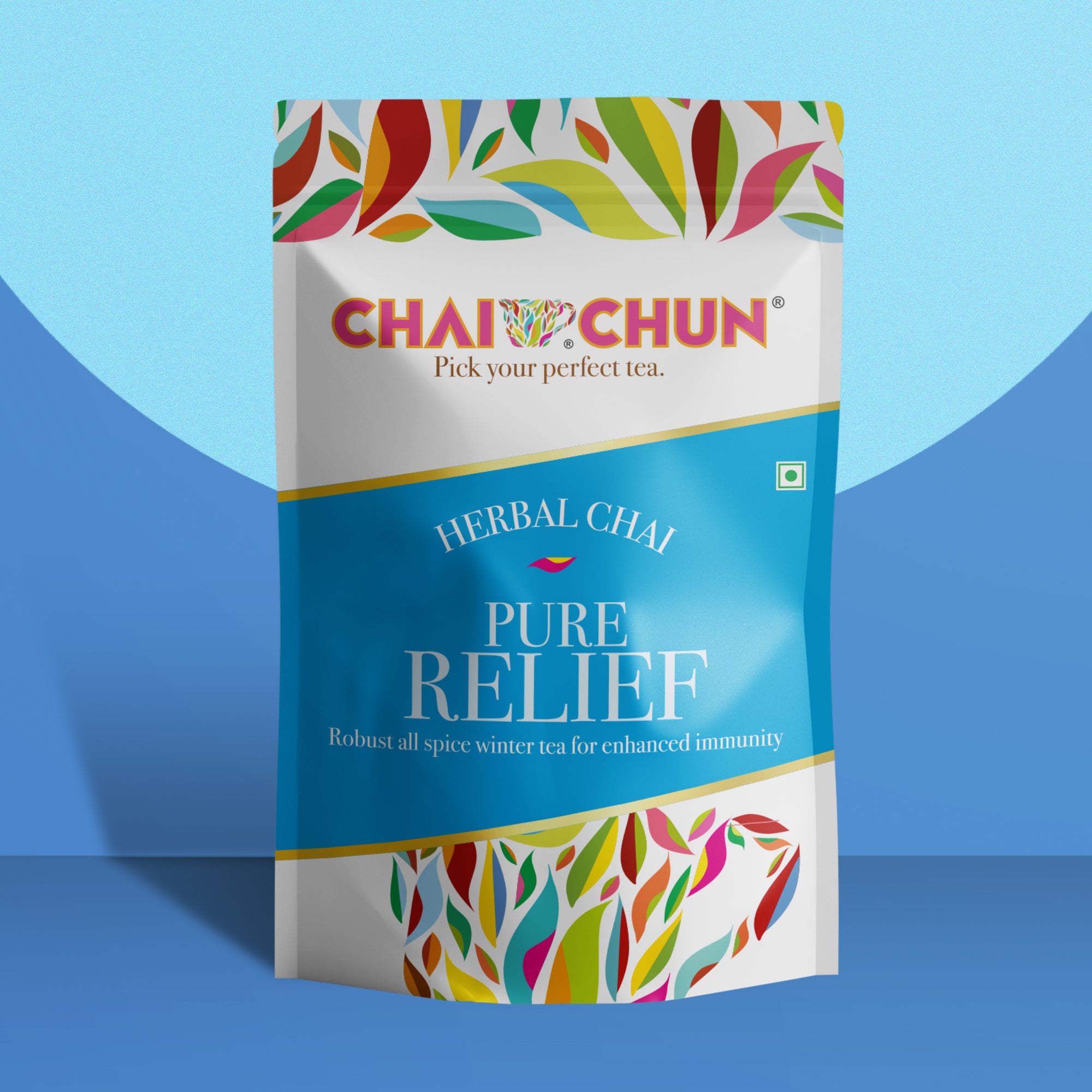
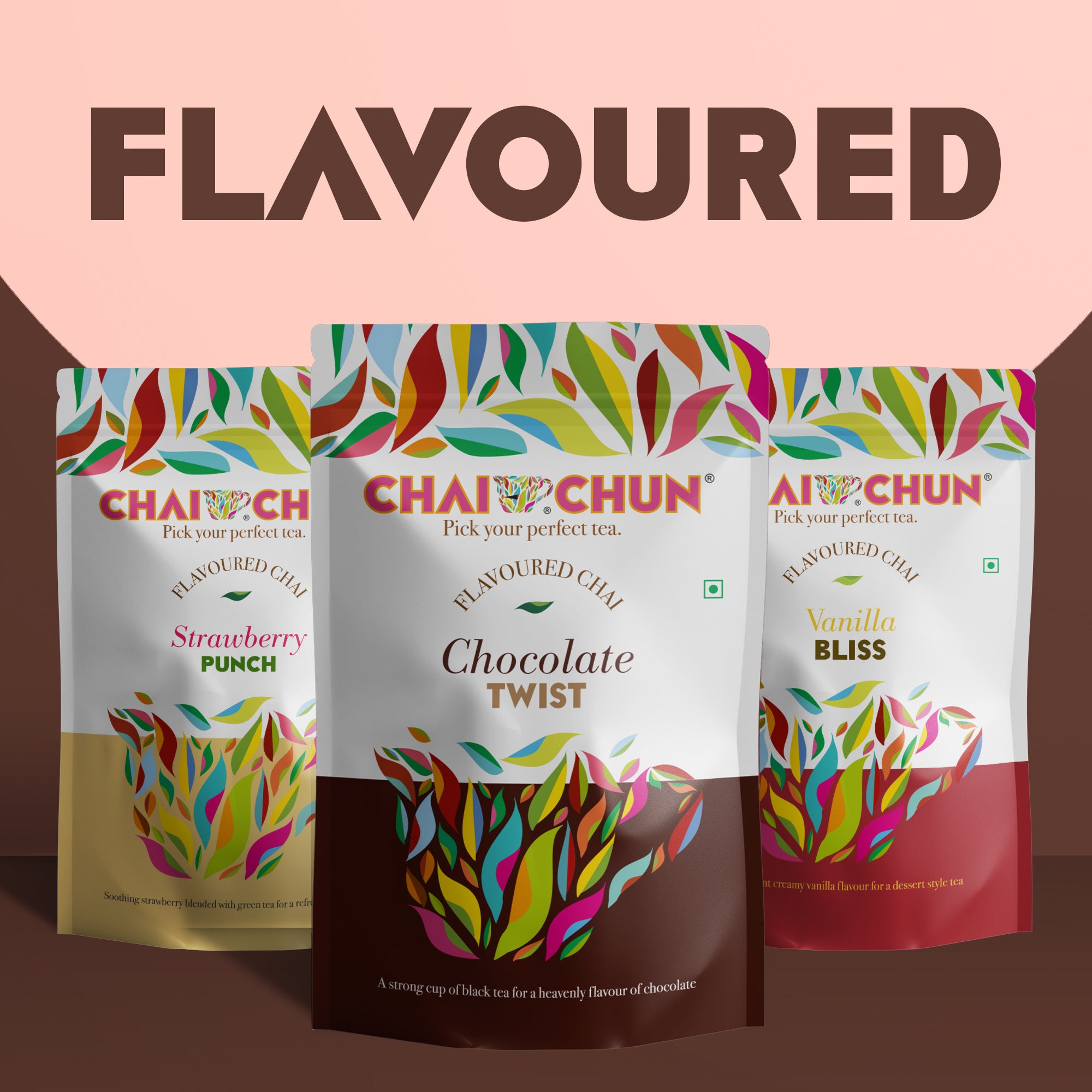
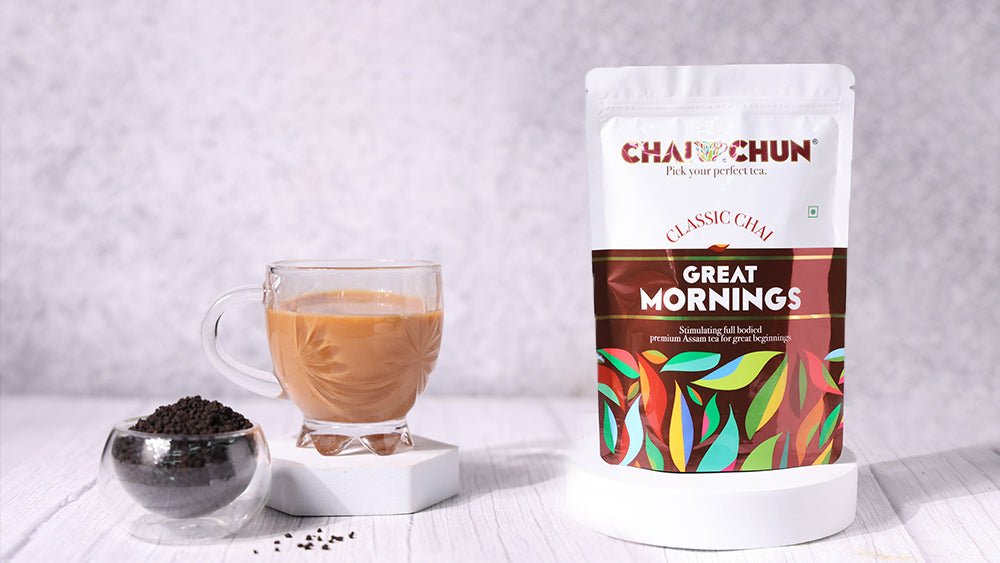
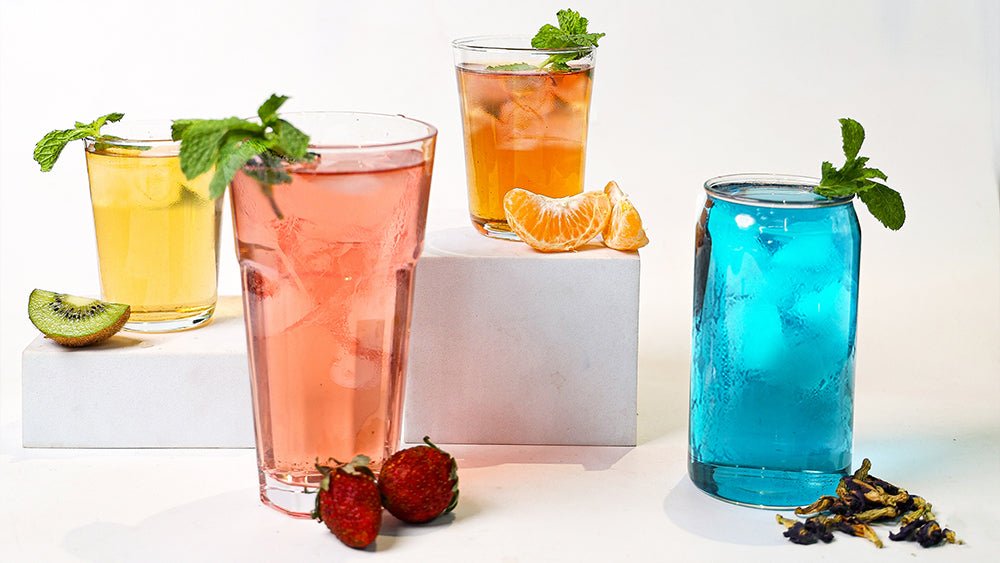
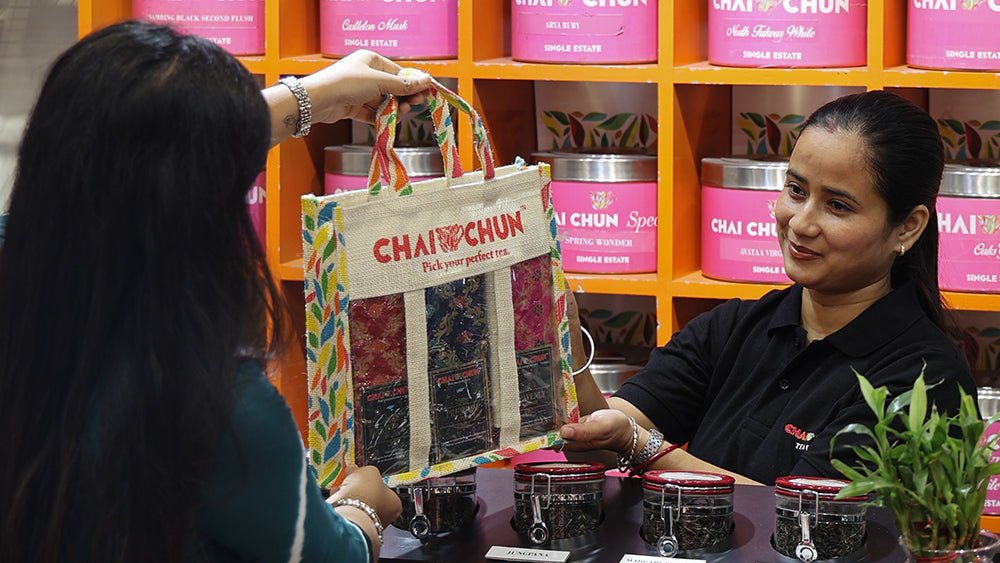
Leave a comment
All comments are moderated before being published.
This site is protected by hCaptcha and the hCaptcha Privacy Policy and Terms of Service apply.